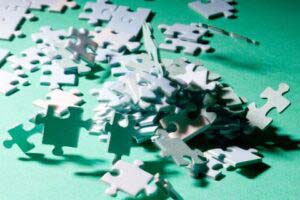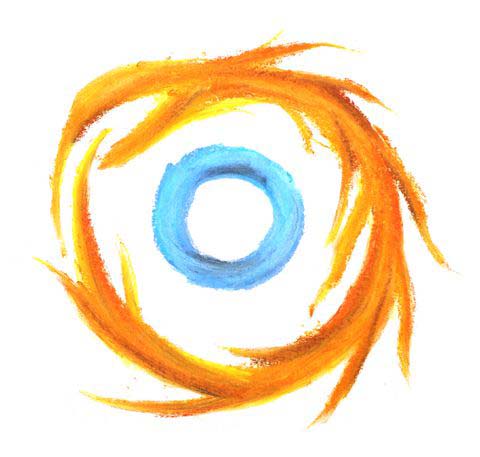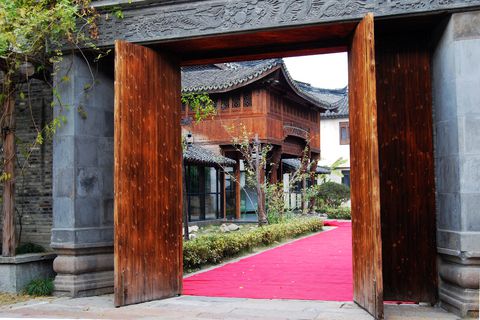
Life Crisis, Meaning and Psychotherapy
When a case studies, and especially a Jungian analyst uses the expression "life crisis" today, he or she means something specific. It's something different from a "major crisis", which might be some major change and disruption in a person's life due to changes in external…







